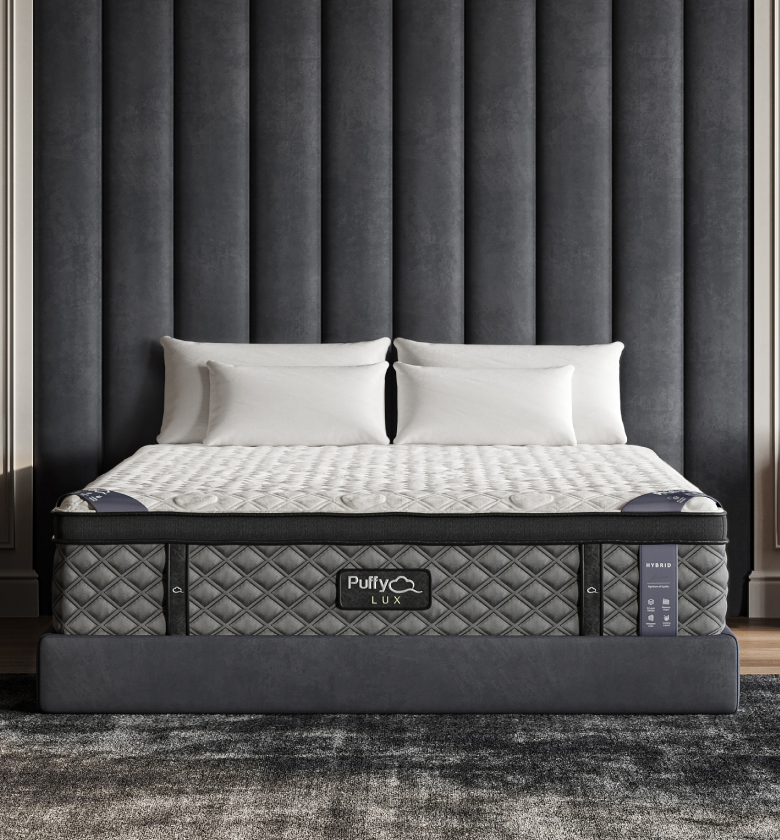Key Takeaways
- Learn how to wash microfiber pillows safely and effectively.
- Understand if microfiber pillows can be machine washed or require special care.
- Discover step-by-step tips for washing microfiber pillows in a washing machine without damage.
- Explore helpful dos and don’ts to maintain their shape and freshness.
Microfiber pillows are a staple in many homes thanks to their soft texture, hypoallergenic nature, and affordable price point.
But just like any bedding essential, they need proper cleaning to stay fresh, supportive, and free of allergens.
If you’re wondering how to wash microfiber pillows, you’re not alone—this guide covers everything from machine-washing instructions to maintenance tips that’ll keep your pillows in top shape for years.
Can You Wash Microfiber Pillows?
Yes, microfiber pillows are usually washable! In fact, many brands design them with machine washing in mind, making them easier to care for than down or memory foam alternatives.
When to Wash:
-
Every 3–6 months for regular use
-
Immediately after spills or stains
-
After illness
-
When pillows start to smell musty or look flattened
Always check the care label before washing. Most microfiber pillows will list temperature and cycle settings for best results.
How to Wash Microfiber Pillows
Follow these steps for safe and effective washing that helps your pillows last longer:
What You’ll Need:
-
Mild liquid detergent (avoid powder or bleach)
-
Two clean microfiber pillows (to balance the washer)
-
Dryer balls or tennis balls (for fluffing)
-
Pillow protectors (optional but helpful for future washes)
Step-by-Step Instructions:
-
Remove covers or pillowcases. Wash these separately using a gentle detergent to keep them soft and fresh.
-
Place two pillows in the washing machine to balance the load and avoid damaging the washer drum.
-
Add a small amount of mild detergent—avoid fabric softeners and bleach to preserve the integrity of the fibers.
-
Use warm water on a gentle or delicate cycle to lift dirt while maintaining fabric structure.
-
Run an extra rinse cycle to remove all soap residue, which can weigh down the filling if left behind.
-
Gently press out excess water—never twist or wring, as this may bunch up the filling or misshape the pillow.
-
Dry on low heat with dryer balls to prevent clumping and encourage even drying. Add a dry towel to speed up the process.
-
Fluff the pillows every 15–20 minutes while drying to redistribute the fibers and maintain loft. Once dry, let the pillows sit for a few hours to cool and breathe before placing them back on the bed.
We’ve washed our kids’ microfiber pillows dozens of times—after sleepovers, colds, even accidental juice spills. They come out looking brand new every time, especially when laid out for a final air-dry on top of our Puffy Lux Mattress, which handles the extra bounce like a champ.
Can Microfiber Pillows Be Machine Washed?
Absolutely! Unlike memory foam or down pillows, microfiber pillows are designed to withstand machine washing. Still, to maintain their integrity:
-
Avoid high heat, which can break down fibers
-
Stick to low spin settings to prevent pillow deformation
-
Don’t overload the washer, which can create uneven agitation
Adding a second pillow or towel in the drum helps even out the spin and extend pillow life.
How to Wash Microfiber Pillows in Washing Machine
This part is key, especially if you have a top-loader without a central agitator:
Front-Loading Machines:
-
Ideal for microfiber pillows
-
Provides gentle rotation
-
Less stress on seams
-
Better water efficiency and overall gentler on fabrics
Top-Loading Machines:
-
Use gentle cycle to minimize agitation
-
Load evenly (add towels if needed) to maintain balance during the spin cycle
-
Place pillows vertically to reduce wear on seams and filling
-
Avoid using the agitator if possible, or opt for machines with removable paddles
Extra Tip:
Once washed, air-dry the pillows outside in sunlight occasionally to freshen them and kill lingering bacteria naturally.
Sunlight offers a natural deodorizer and mild disinfectant effect. Just don’t leave them out too long—excessive sun can degrade the fibers and fade the fabric over time.
Best Practices for Long-Term Pillow Care
-
Use pillow protectors: These create a barrier against sweat, oils, and spills.
-
Fluff regularly: Keeps pillows from flattening.
-
Spot clean in-between washes: For quick fixes.
-
Replace every 1–2 years if signs of wear appear.
| Care Method | Recommended Frequency | Notes |
|---|---|---|
| Machine Washing | Every 3–6 months | Gentle cycle, mild detergent only |
| Fluffing | Weekly | Shake and rotate to maintain shape |
| Spot Cleaning | As needed | Mild soap and damp cloth |
| Sun Drying | Monthly (optional) | Helps freshen and deodorize naturally |
Pairing freshly washed pillows with a Puffy Cloud Mattress adds a layer of breathable comfort that helps keep allergens away and promotes better airflow while you sleep.
Final Thoughts
Microfiber pillows are not just soft and affordable—they’re also surprisingly easy to maintain with the right washing method.
Knowing how to clean them properly can extend their life, improve hygiene, and help you rest better at night.
Whether you’re refreshing a guest bed or doing your quarterly bedding deep-clean, keeping your pillows in top shape is one of the easiest ways to support healthier, more restful sleep.

- 8 layers of cloudlike luxury.
- Medium-plush feel.
- Gel-infused cooling.
- 101-night sleep trial.












